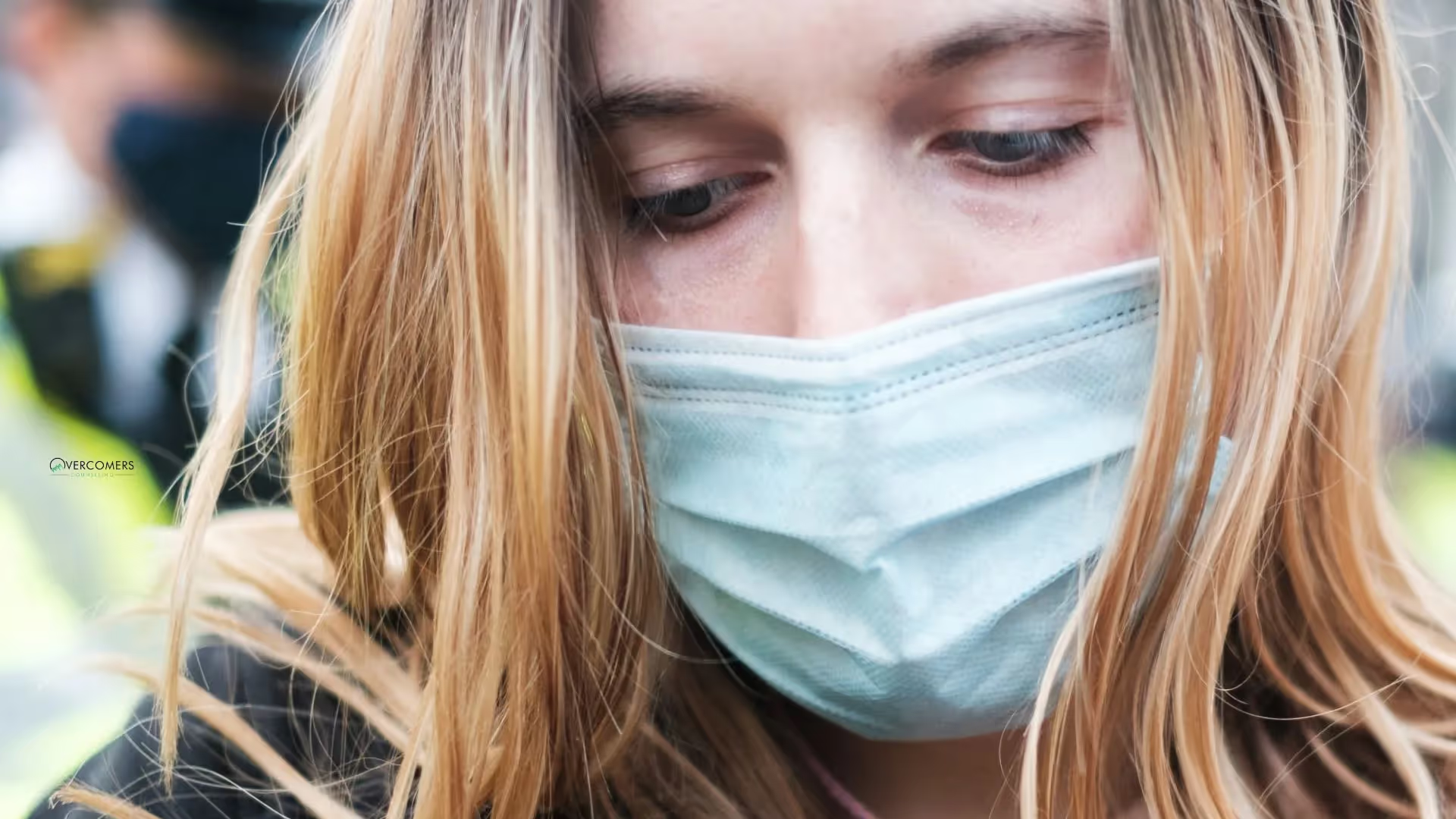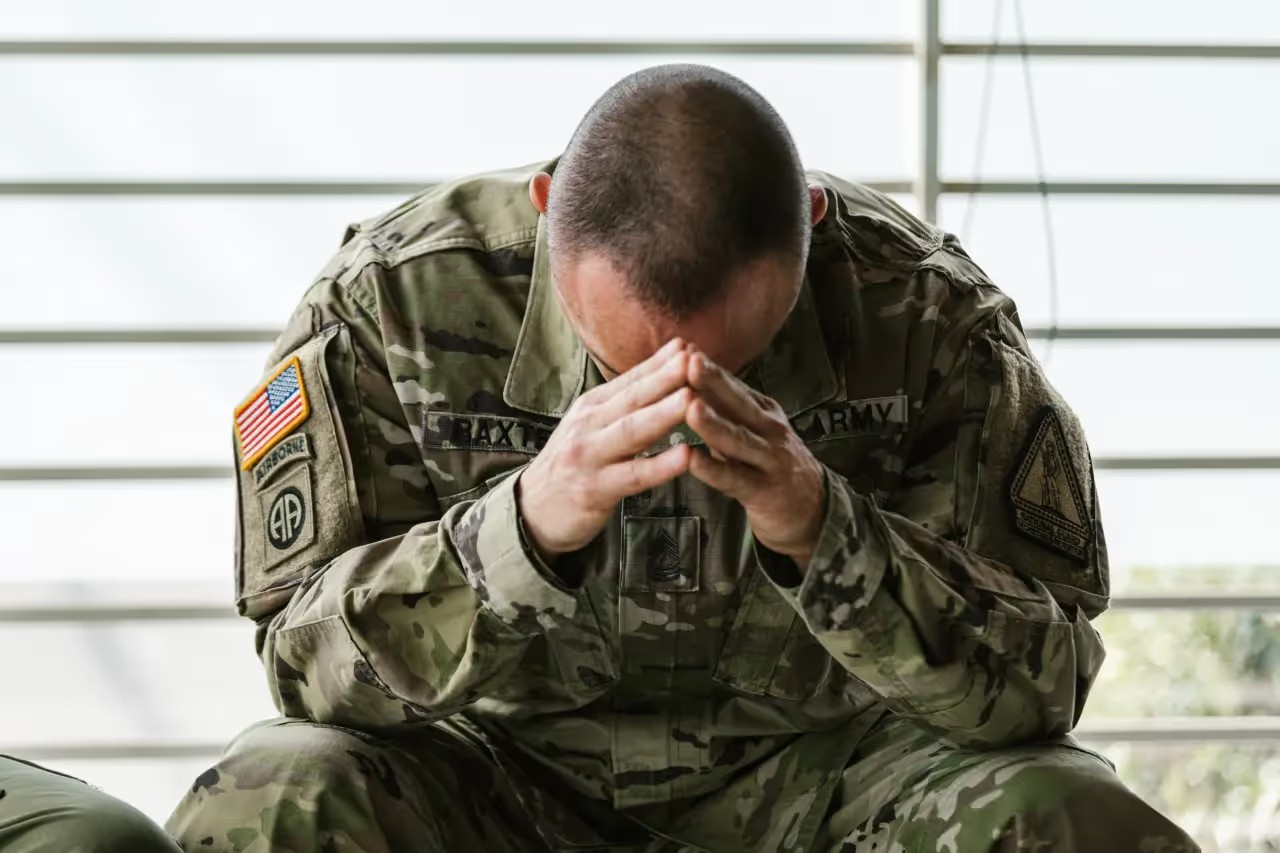After experiencing a significant loss, nothing remains the same. The emotions you feel, how you think, how you act, and how you view the world all change....

After experiencing a significant loss, nothing remains the same.
The emotions you feel, how you think, how you act, and how you view the world all change.
You may experience a barrage of complex emotions and find it challenging to cope with your new normal. If care is not taken, you could develop traumatic grief.
Here are five reasons your loss causes trauma.
For one, if your loved one had a traumatic death such as sudden death, homicide, suicide, or accident, their loss will likely be traumatic for you.
You will need grief support from family, friends, and/or therapists.
Also, harboring deep feelings of guilt about your loved one's death can lead to mental health complications, including severe depressive episodes and PTSD ( post-traumatic stress disorder).
The pain of losing a loved one is unreal; however, developing any form of guilt only robs you of the opportunity to grieve and heal.
Similarly, losing a loved one to a tragic death can cause fear, paranoia, and anxiety.
Fear is a complex grief emotion; it can stop its victim from living their life, healing, moving forward, or making meaning of their life.
Consider this overview to learn five reasons your loss causes trauma.
Loss causes trauma when we lose our loved ones to a traumatic death.
Almost all types of loss have a trauma component; however, some deaths are much more probable than others to be traumatic and result in post-traumatic stress symptoms.
Sudden deaths, untimely deaths, deaths without warning, deaths involving brutality, rape, mutilation, or any form of suffering can affect a griever's ability to cope with grief and heal.
Likewise, losing a loved one to accidents, suicide, or homicide exposes one to a different type of grief.
Similarly, witnessing the death of a loved one, roommate, spouse, or parent can lead to fear, shock, anxiety, depressive episodes, and trauma.
It might be difficult to erase such traumatizing memory and return to everyday life without proper support from family and friends.
You can also visit a mental health practitioner to help you manage emotions, cope with loss, and prevent or avoid post-traumatic stress symptoms.

After losing a significant one, most people often find themselves ruminating over memories, reliving moments, days, weeks, or even years before their loved one's death, and thinking deeply about what they could have done to prevent their death.
Having deep feelings of guilt about your loss causes trauma.
Your guilt could stem from the belief that you ignored some vital warning signs or that you could have done something concrete enough to prevent the death of your loved one.
Even if there was no possibility the death could've been predicted, in many tragic deaths, there is a series of events that occurred before the death that the survivors wish they could have changed.
You may also be dealing with survivors' guilt in addition to feeling guilty for not being able to stop the death of your loved one.
Survivor's guilt can make you feel bad for surviving the death of your loved one and wish it was you instead.
While guilt is a typical initial emotional response to losing someone we love, it could easily lead to trauma when it becomes persistent.
Taking steps to overcome this guilt is essential to healing and finding peace with yourself after your loved one's death.
You can consult professional counselors or therapists to help you dig into your feelings of guilt and address them.

Losing someone we love is a scary experience.
In many cases, the loss causes trauma and induces fear and anxiety, making it difficult to trust people or feel safe anywhere.
For instance, losing a loved one to a car accident can cause extreme fear of driving, riding with someone, and fear of vehicles in general.
Likewise, losing a loved one to a violent/intentional attack can make it difficult to trust people, maintain friendships or create new ones, stay in quiet places alone, and be around many people.
The phobia, anxiety, and fear that arise after losing a loved one in a traumatizing way, can deprive you of living a healthy and fulfilling life and prevent you from healing.
Fear can make you wary of things you used to enjoy and prevent you from pursuing happiness.
Thus, if you are experiencing intense anxiety or fear after a significant loss, it's essential to seek help from mental health practitioners to help you address your issues and reduce their influence on you.
When a loved one dies, survivors of the traumatic loss are prone to developing symptoms that other people grieving the same loss might not experience.
Loss causes trauma when your health becomes significantly compromised after losing a loved one.
Physical symptoms of grief often include digestive problems, high blood pressure, changes in appetite, sleep disruptions, and physical pain, including unexplained pain, body aches, etc.
In some cases, survivors may also have injuries sustained from the accident or events that caused the death of their loved one.
Self-care is vital to maintaining excellent health and healing through your grief.
Thus it's essential to take care of your physical health, and you can seek support from professionals to help you feel better physically, mentally, and emotionally.
In addition, you must also avoid unhealthy coping strategies, self-harm, or isolation as they may increase mental health problems like depression which can, in turn, indirectly compromise your physical health.
When a loved one dies, it can be difficult to accept the reality of your loss and acknowledge the pain of your grief.
However, when you avoid, suppress, or mask your feelings of grief, the loss causes trauma, and your grief could develop into something more complicated.
Signs of complicated grief can include detachment, intense sorrow, bitterness, difficulty accepting loss, inability to think positively, suicidal thoughts, persistent rumination/obsession about the incident, persistent longing, or feeling life holds no purpose.
Although there are no rights or wrongs when it comes to grieving, there are unhealthy ways to grieve that can cause complications and trauma in your grieving journey.
When you begin to experience intense depression, paranoia, trouble maintaining routines, isolating yourself from others, or feelings of guilt about the death of your loved one, it is advisable to contact a mental health professional for help.
After a traumatic loss, the symptoms of grief often intensify and persist than normal grief.
Loss causes trauma for so many reasons, and knowing them will help you avoid/correct them and get the grief support you need.
Loss can cause trauma if your loved one had a traumatic death, you feel scared, you feel guilt, you have developed complicated grief, or your health has been compromised.
https://life-loss.com/traumatic-loss/
https://psychcentral.com/health/traumatic-grief#how-to-cope
https://www.centerforanxietydisorders.com/ptsd-sudden-death-loved-one/
https://www.mayoclinic.org/diseases-conditions/complicated-grief/symptoms-causes/syc-20360374
https://teachtrauma.com/information-about-trauma/types-of-trauma/traumatic-loss/
It is completely normal to feel dread or even fear when thinking about the upcoming holiday season. One way to ease your anxiety is by planning ahead and being prepared for how you will deal with tough moments. If there are certain events you know will be difficult, try to come up with an exit strategy beforehand so you can leave if needed. It can also be helpful to talk to a therapist or counselor before the holidays to help you manage your expectations and emotions.
It is not mandatory that all conversations revolve around the issue causing your grief but our therapists will provide guidance on how best to process the situation. You are in control of how much or little you want to share in a session, but it is important to stay open and honest with your therapist for optimal results.
The duration of grief counseling varies for each individual, depending on the severity of their grief and their progress in therapy. Our therapists will regularly assess your progress and adjust your treatment plan as needed.
There are a few things you can do to help ease your pain during the holiday season. First, try to avoid triggers that may cause you to feel sad or upset. Triggers can be anything from certain songs or smells, to seeing certain people or places. If you know there will be triggers at holiday gatherings, try to arrive late or leave early if possible. You can also try to create new traditions that don't involve the triggers.
There are a few things you should avoid saying to someone who is grieving, as they can come across as insensitive or unhelpful. For example, don't tell them that it's "time to move on" or that they "should be over it by now." It's also best not to make any assumptions about how they're feeling or what they need – instead, ask them directly how you can help.
If you find yourself having difficulty managing daily activities due to lingering feelings associated with grief such as sadness, anger, guilt or numbness; then it might be beneficial for you to seek professional help through our Colorado Springs Grief Counseling services. Our therapists are trained in helping clients identify their needs and goals related to grieving.